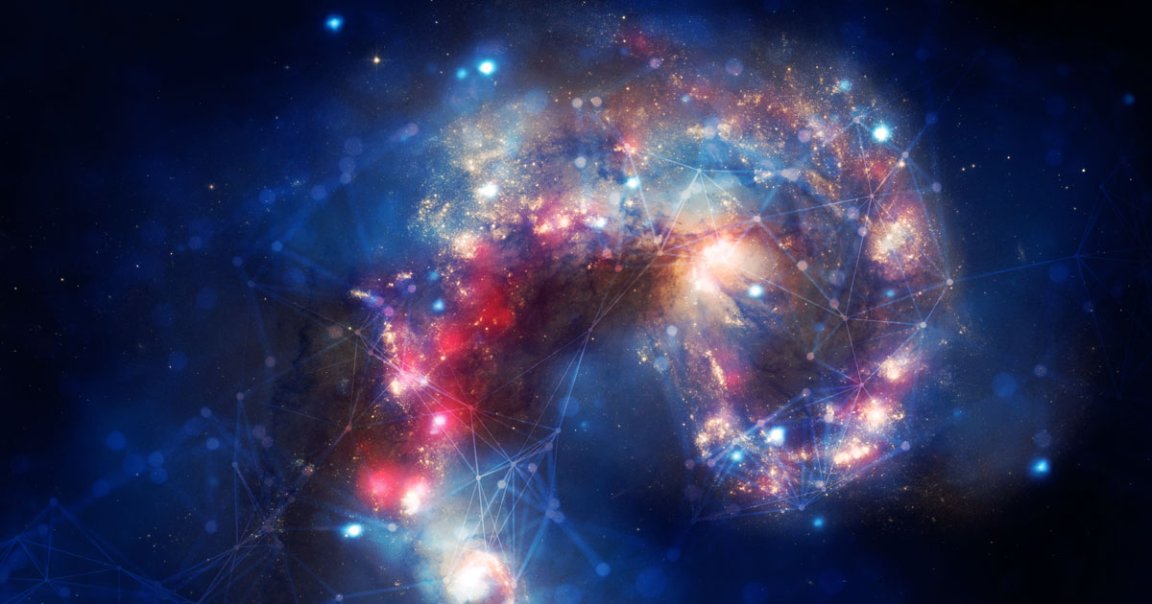
Great Mystery
Since we can’t travel billions of years back in time — not yet, anyways — one of the best ways to understand how our universe evolved is to create computer simulations of the process using what we do know about it.
Most of those simulations fall into one of two categories: slow and more accurate, or fast and less accurate. But now, an international team of researchers has built an AI that can quickly generate highly-accurate, three-dimensional simulations of the universe — even when they tweak parameters the system wasn’t trained on.
“It’s like teaching image recognition software with lots of pictures of cats and dogs, but then it’s able to recognize elephants,” researcher Shirley Ho said in a press release. “Nobody knows how it does this, and it’s a great mystery to be solved.”
Speedy System
The scientists detail how they created this universe simulator, which they’ve named the Deep Density Displacement Model (D3M), in a study published in the journal Proceedings of the National Academy of Sciences.
The goal was to teach D3M how to model the way gravity shapes the universe. To that end, they started by feeding the system 8,000 different gravity-focused simulations created by a highly accurate existing universe simulator.
That system needed 300 computation hours to create just one of its simulations, but after training on the data, D3M was able to produce its own simulations of a cube universe 600 million light-years across in just 30 milliseconds. Those simulations were more accurate than those of the existing “fast” systems, which need a couple of minutes to create a simulation.
Knowledge Gap
But speed isn’t the most remarkable thing about D3M.
That would be its ability to accurately simulate what the universe would look like even if the researchers changed parameters that weren’t included in its training data. For example, they could tweak the percent of dark matter in their universe, and D3M could accurately simulate that universe’s evolution.
In addition to helping physicists like Ho better understand the universe’s evolution, this strange behavior has the potential to help computer scientists better understand AI.
“We can be an interesting playground for a machine learner to use to see why this model extrapolates so well, why it extrapolates to elephants instead of just recognizing cats and dogs,” Ho said in the press release. “It’s a two-way street between science and deep learning.”
READ MORE: The first AI capable of simulating the universe works so well it’s scary [The Next Web]
More on computer simulations: Scientists Produce Most Precise Black Hole Simulations Ever